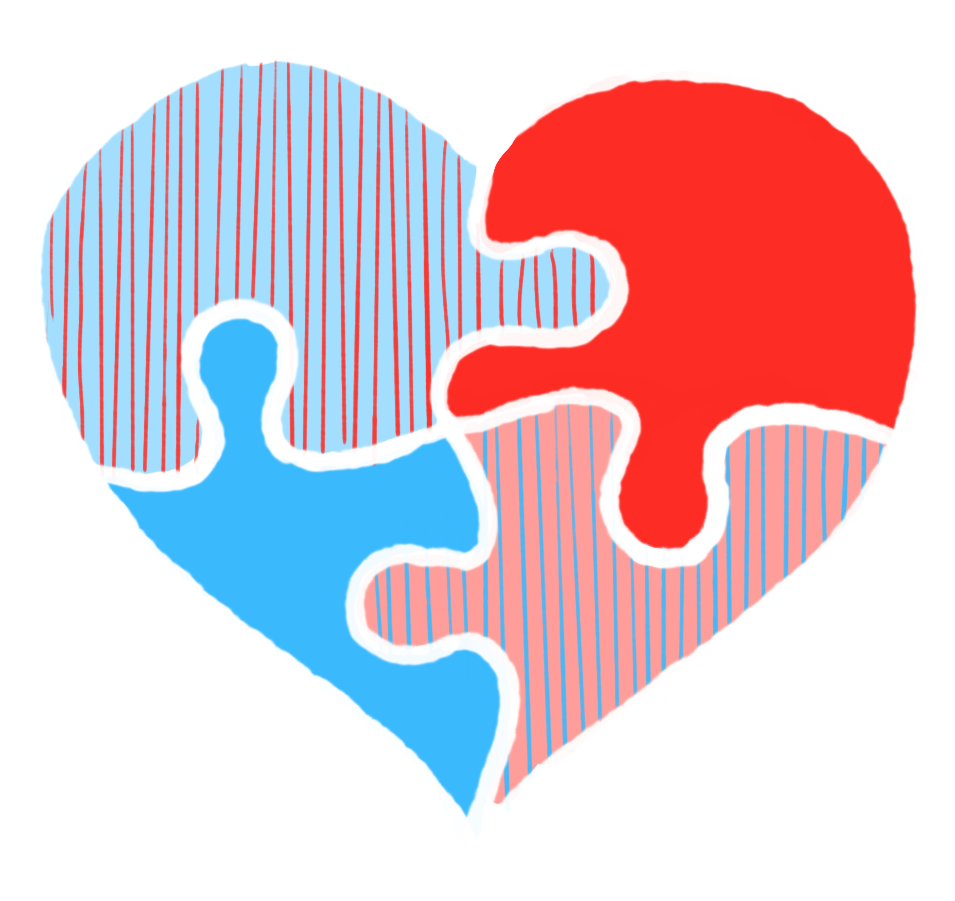Sexual development 4-6 years
Global development
At pre-school age, children learn that there are all kinds of rules. They learn, for example, that you can't just touch your penis in front of other people. They also find it interesting to discover differences between boys and girls. They start asking more and more questions and want to know where babies come from. Most children at this age are already continent during the day; they now also become continent at night.
Specifically for anorectal malformations /Hirschsprung’s disease
For toddlers with an anorectal malformation/Hirschsprung’s disease, their lower body may be something that has often hurt. This is different from other children. In many cases the doctor will be there often and so will mum and dad. They do discover that there are differences between boys and girls, but do not yet understand that it can look 'different' for them than for other children. It is possible that they notice in the classroom that other children are continent and they are not.
Solutions
How can you support your child's sexual development at this age?
You can already help your child to 'get used to' his body despite the condition. Rest assured and explain to your child that it's okay for him to pee or poop in bed or in his pants, because he can't help it. That's just because his poop/pee hole is different.
If your son is wearing a diaper, tell him before he goes to primary school that the other children there are no longer wearing diapers. Explain why and make it clear that he can't help that he was born with a different poop hole and that he is not the only one: there are more children and also big people with whom this is the case.
When registering at school, state that your child was born with an anorectal malformation/Hirschsprung’s disease. Discuss what that means. Also talk to the teacher: discuss what your child needs and how you want to inform classmates and their parents. Be open about him not being continent by talking to teachers, family members and parents of friends about it. It is nice if your child can go to sleepovers and outings as much as possible. Avoid surprises for other parents and make sure that the parents of friends are well informed.
You may be able to get advice on these matters in advance from the treatment team (nurse practitioner, stoma nurse, pedagogical worker or psychologist) or via patient associations. They have probably dealt with this situation more than once and may be able to help list the possibilities and solutions for you, so that you can make the choices that best suit you and your child.
From the school you can expect:
that the condition is accepted and that you receive support in informing classmates and parents
the teacher should inform your child when it is time to change clothes or take medication
that there is a safe place where your child can change without other children being able to see the nappy or the stoma (e.g., the staff restroom).
Changing your child is not necessarily part of the staff's job responsibilities.
Want to know more?
About toddlers being incontinent [Link in Dutch, Open the link in Google Chrome and make use of the translation function to translate the website: See browser settings - Languages]
About the parent-child relationship when the child is chronically ill [Information in Dutch and can be translated]



